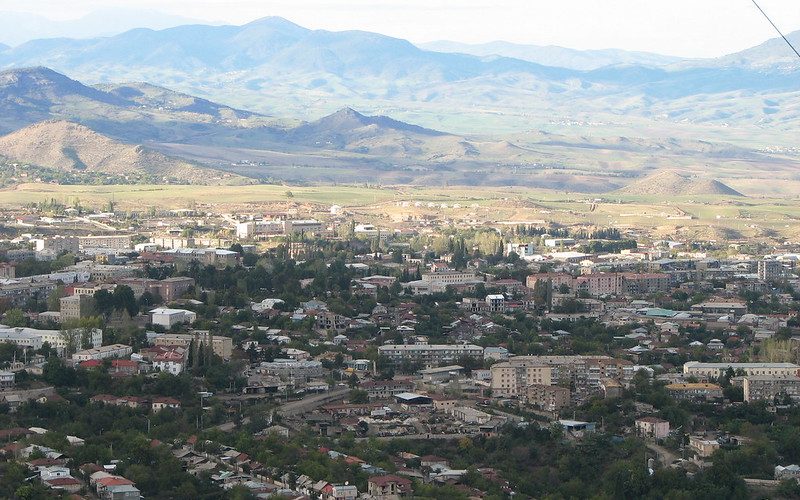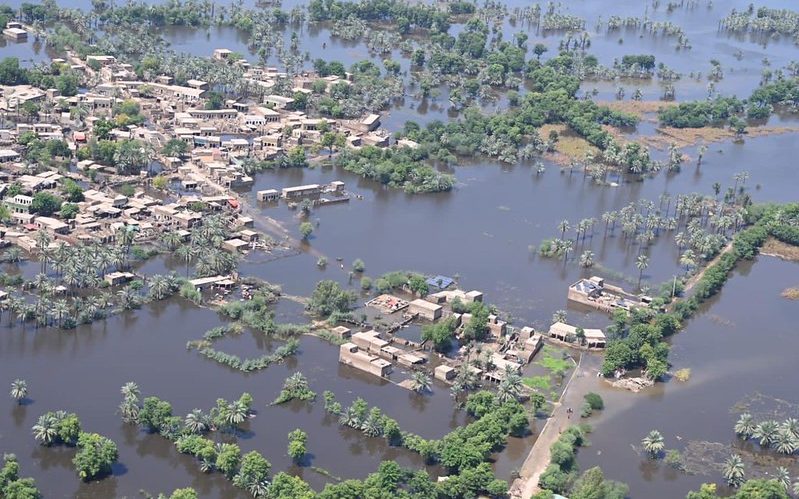
To Arms: Sexual Abusers after the Military and a Call for Action
It is a well-known fact of life that many of those accused or even convicted of sexual assault, harassment, or abuse within the U.S. Armed Forces can go about their daily lives without much change. Many are able to lead active and personally prosperous lives while their victims in some cases are jailed, forced out of the military, or take their own lives. One such individual is Michael D. Kepner II, an honorably retired Lieutenant Colonel of the United States Army. He is a sexual assaulter who has been able to engage in an active, financially and professionally profitable life outside of the military despite a conviction and sentencing.

Environmental Terrorism, Eco-Terrorism, and Water Management: The Case of Nagorno-Karabakh
The world is experiencing an increase in terrorist attacks, including environmental terrorism. The presence of natural resources and infrastructures, especially water-related ones, in contested areas subjected to traditional forms of terrorism, requires further attention within terrorism-related research. The case of the Nagorno-Karabakh war is an interesting case with regard to the concept of environmental and eco-terrorism. In this respect, the implications of water issues after the 2020 war and the dangers involved for the future of the region are of particular interest.

Climate Change Justice: The Case of Pakistan Post-2022 Floods
Pakistan was hit by devastating floods in 2022 inflicting massive losses and damages. This sparked a pressing demand for climate change justice as the country sought fair treatment in addressing the impact of climate change on its people and land emphasizing the historical responsibility of the Global North and the fair distribution of environmental challenges. Pakistan, contributing less than 1% to global emissions, becomes a tragic example of vulnerability, burdened by the consequences of emissions, not of its making.

